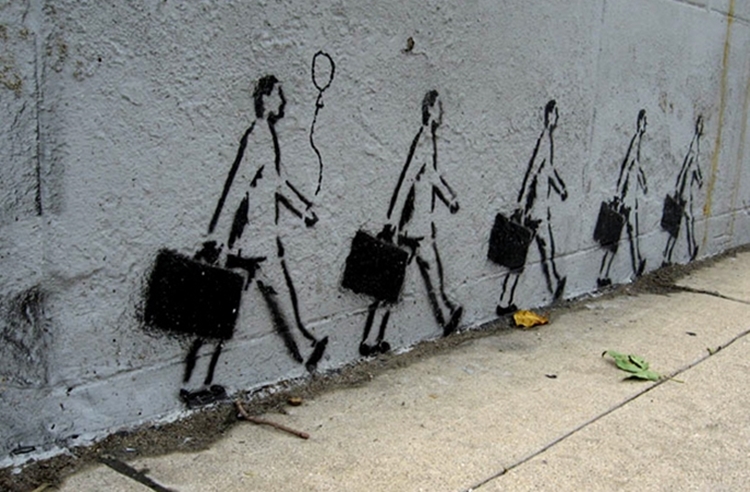
Macron’s Agenda: A Common Market with Borders
French President Emmanuel Macron has embarked on a mission to Central and Eastern Europe with a strange idea. He lobbies for a directive to shorten the stay and to increase the salaries of our posted workers, from the minimum wage level, to salaries equal up to the level of French or German employees in the sector.











